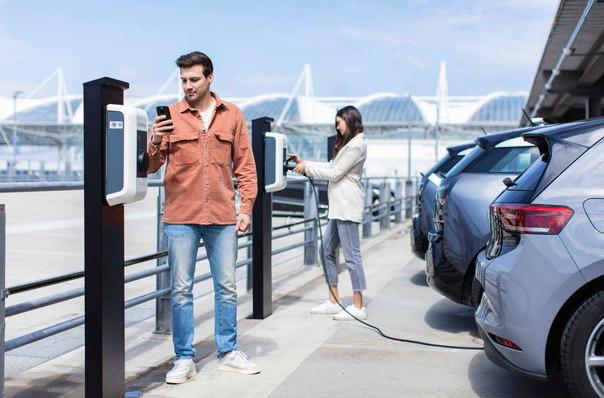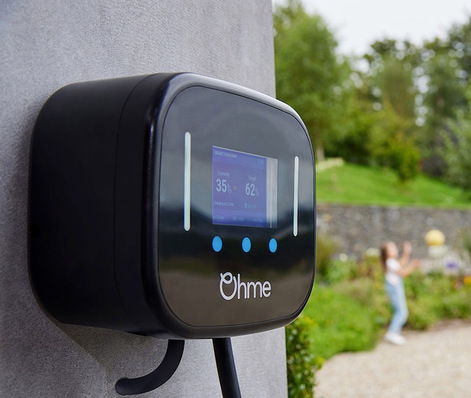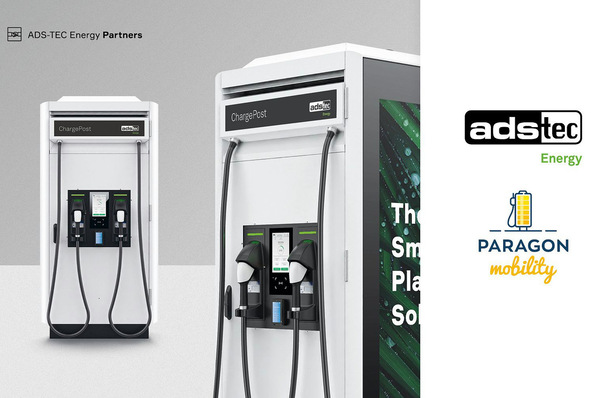The Japanese courier service Yamato Transport and the technology company Commercial Japan Partnership Technologies (CJPT) want to approach electric mobility differently than before, especially in commercial goods transport. At present, battery-electric mobility is developing in such a way that the vehicles are parked at charging stations to recharge. That is acceptable for passenger car transport. But in freight transport, where the vehicles have to be ready for use again quickly, this is a hurdle.
Standardising replacement batteries
That is why the two project partners are developing a concept of exchange batteries and want to standardise this. CJPT is a joint venture of the Japanese car manufacturers Toyota, Isuzu and Hino and contributes its expertise in electric mobility. Yamato Transport, on the other hand, knows the challenges of transporting goods and can test the exchangeable and rechargeable battery cassettes developed by CJPT in practice.
Avoiding peak loads
But the exchange battery approach has even more advantages beyond avoiding long vehicle downtimes. Because when the electric vehicles are charged at high output, which is necessary in the commercial sector if the vehicles are to be available again quickly, this causes immense load peaks. These can be avoided when charging the exchangeable and portable batteries.
Reducing the costs of electromobility
In addition, the project partners expect lower acquisition costs for the electric vehicles if they are delivered independently of the batteries. After all, the same battery could then be used in different vehicles. Their costs, in turn, could be reduced through standardisation, as scaling effects would then occur if production did not have to be repeatedly switched to different battery types, dimensions and shapes. The approach also reduces the cost of installing the charging infrastructure.
Using replacement battery for emergency power supply
As part of the project, Yamato Transport is not only testing the use of exchange batteries in the everyday life of a logistics company and the relief effect for the power grid. Together with various municipalities, a system is also to be developed with which the exchange batteries actively support the power grid. This also includes the use of the exchange batteries in an emergency, for example, for power supply in disaster areas. (su/mfo)
See also:
Large-scale storage for nationwide fast charging
Fully electric lorry takes on Europe's most challenging mountain pass







